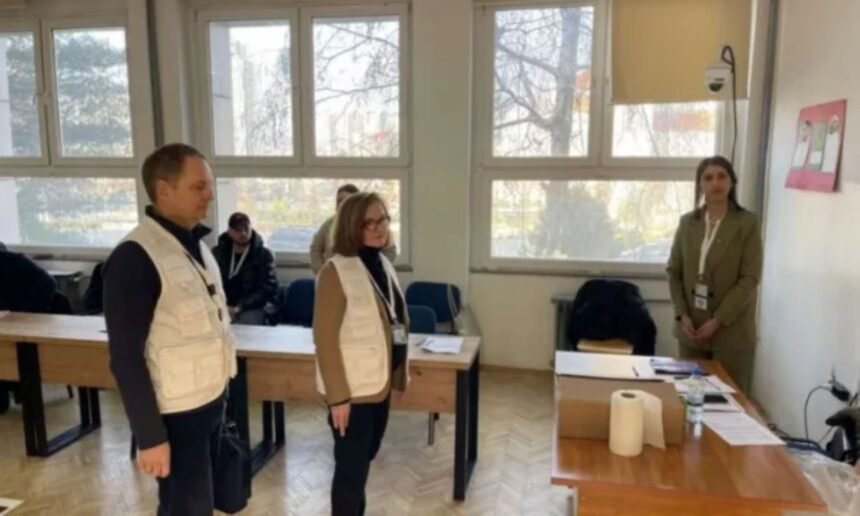The European Union has emphasized that the December 28 snap parliamentary elections must be well-administered and competitive, including the participation and certification of political parties and the accreditation of media from all communities.
In a response to KosovaPress, EU representatives stated that a final decision on whether to deploy an election observation mission will be confirmed once internal procedures conclude, noting that the election announcement in Kosovo was issued only recently.
Election monitoring experts, however, warn that holding elections on December 28, during the holiday season, could create significant challenges in the internal administration of the process and in ensuring a proper level of international oversight. They argue that many international staff members will not be present in Kosovo during that period.
Despite these concerns, the December 28 date is seen as largely unavoidable—a consequence of legal limitations preventing a later election date after the Assembly’s dissolution, combined with the Central Election Commission’s technical inability to organize elections earlier.
President Vjosa Osmani set December 28 as election day on November 20, after dissolving the ninth legislature. The Assembly had remained dysfunctional for eight months, and efforts to form a government following the February 9 parliamentary elections twice failed.
Vetëvendosje (LVV) attempted twice to form a new government—first with party leader Albin Kurti and later with deputy chair Glauk Konjufca as nominee—but both attempts received only 56 votes, short of the 61 required.
The EU Office in Kosovo expressed regret that political parties were unable to overcome the prolonged institutional deadlock.
“We take note of the announcement of new parliamentary elections on 28 December 2025. The EU underscores the importance of a well-administered and competitive electoral process, including participation and certification of political parties and media accreditation from all communities… With regard to an EU Election Observation Mission, we will confirm once a decision is taken,” the EU stated.
The EU further reiterated its commitment to work with Kosovo’s institutions once elected and to continue supporting Kosovo’s EU integration path.
“We expect Kosovo to return to the right track for the much-needed EU-related reforms, for the benefit of its citizens and to advance in the normalization of relations with Serbia,” the statement added.
On the domestic front, Naim Jakaj from the Kosovo Law Institute told KosovaPress that the December 28 date may pose problems on two levels:
– Internally, the CEC may face difficulties appointing commissioners and domestic observers;
– Externally, many international personnel will be absent due to year-end holidays.
Political analyst Dorajet Imeri holds a different view. He argues that the December 28 date is a legal and technical necessity, and that political parties should see it as an opportunity since a large number of diaspora members will be in Kosovo for the holidays.
Vetëvendosje and its partners, Guxo and Alternativa, have welcomed the date. Meanwhile, opposition parties PDK, LDK, AAK, and Nisma have publicly demanded that elections be held earlier, on December 21.







